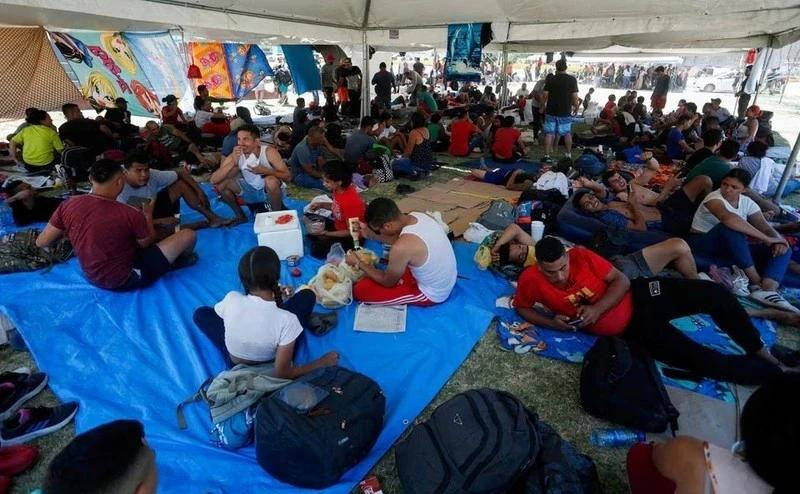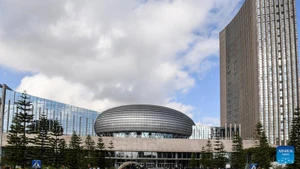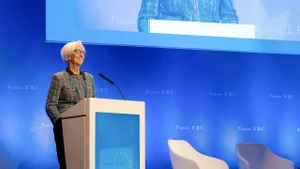In his message for this year’s International Migrants Day (December 18), UN Secretary-General Antonio Guterres emphasised that millions of migrants around the world deserve recognition for their significant contributions. According to a recent report by the Organisation for Economic Co-operation and Development (OECD), an increasing number of migrants in OECD countries are securing employment, earning stable incomes, and even starting their own businesses, thereby establishing a presence in their host nations.
It is undeniable that international migration poses challenges related to resource distribution and impacts local labor forces. However, migrants also make numerous positive contributions to the economic and social development of host countries. UN Secretary-General Antonio Guterres highlighted that legal migrants are a powerful force driving economic growth by alleviating labour shortages in many countries, particularly in Europe and Asia. In Germany, the leading economy of the European Union (EU), the shortage of skilled workers is a "ticking time bomb". According to a study by the Bertelsmann Foundation, without approximately 288,000 skilled foreign workers immigrating annually, Germany's labour force could shrink from the current 46.4 million to 41.9 million by 2040 and 35.1 million by 2060, leading to significant economic repercussions.
Research by the International Monetary Fund (IMF) also indicates that immigrants in advanced economies have a positive impact on output and productivity, both in the short and medium term. Therefore, integrating migrants into the labour market is key to maximising their contributions to the economy while minimising potential burdens on public finances and social stability.
In contrast to the bright prospects offered by legal migration, illegal migration casts a darker shadow that remains unresolved and poses a serious challenge for many countries. In reality, political instability, conflicts, natural disasters, and pandemics have forced many, mostly from the Middle East and Africa, to risk undertaking perilous illegal migration journeys in search of a better life. Unfortunately, their dreams are often paid for with their lives.
In 2023 alone, more than 8,500 migrants died before reaching their “promised land”. In Europe alone, thousands of illegal migrants die or go missing every year as they risk taking the "deadly route" from Africa across the Atlantic to the old continent.
However, the root causes of illegal migration worldwide remain unresolved and are even worsening. Conflict continues to be the leading cause forcing many people to leave their homes. The United Nations High Commissioner for Refugees (UNHCR) reported that the number of refugees and internally displaced people in West and Central Africa has more than doubled, from 6.5 million in 2019 to 13.7 million in 2024. Extremist violence in Mali, Burkina Faso, and Niger has also displaced nearly 5 million people. Additionally, climate change is exacerbating the global migration crisis, which is already at a critical level. UNHCR’s report highlights that migrants are on the frontlines of the climate crisis. Over the past decade, weather-related disasters have forced around 220 million people to migrate within their countries, equivalent to about 60,000 people leaving their homes every day.
The above situation places countries and international organisations under urgent pressure to implement effective solutions to prevent illegal migration, while also maximising the benefits of legal migration. The United Nations emphasised that establishing legal and safe migration pathways is the key to opening opportunity, not only for migrants but also for the receiving nations.
















